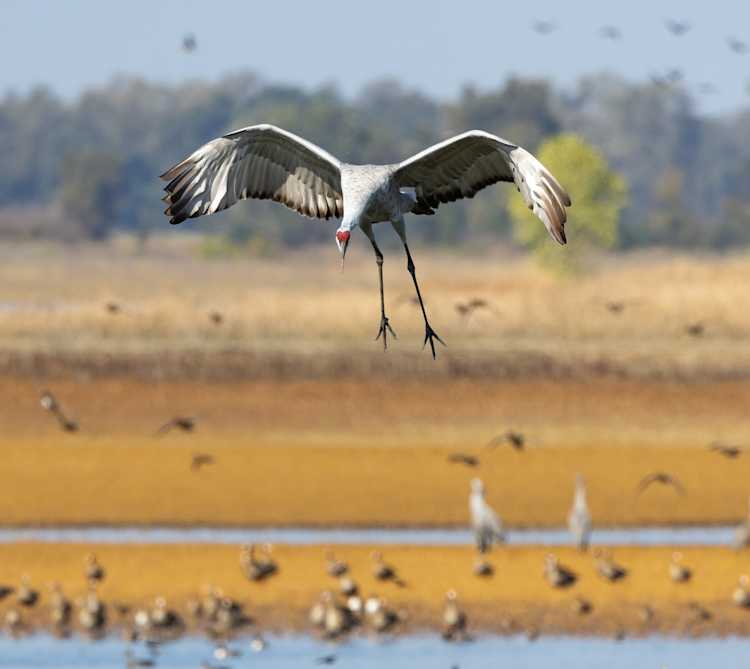Turkey Calling Tips
Anna Richardson
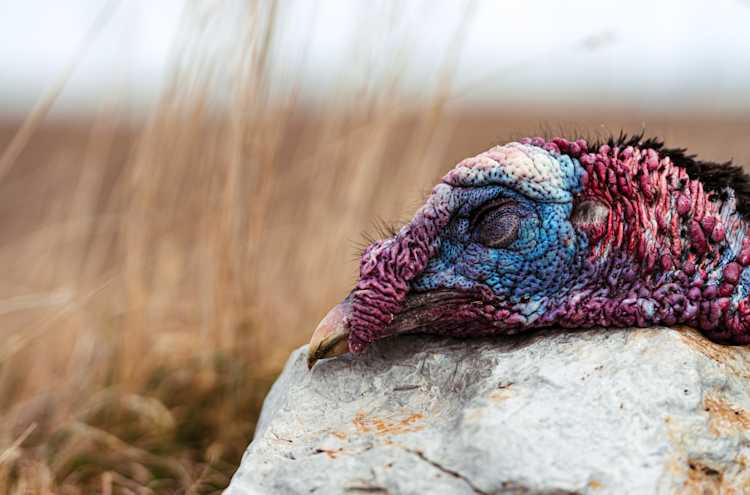
The art of calling has forever been a crucial part of the hunting experience. Turkey calling is a blend of skill, understanding, patience, and practice. In this blog post, we'll share some of our favorite turkey calling tips and tricks, inspired by veteran hunters and experts in the field. By the end of this, you'll be more than ready to put these techniques into practice. And what better way to do so than booking your next hunting trip through Mallard Bay?
To start, let's understand why turkey calling is essential. Wild turkeys have an instinct for avoiding danger. Their keen hearing and sharp eyesight make them one of the most challenging game birds to pursue.
Calling is our way of communicating with these birds
, luring them into range by imitating the sounds they're familiar with.Understanding the Turkey Language
To effectively call turkeys, you need to speak their language. Turkeys communicate using a variety of sounds, each with a distinct meaning. Some of the most common calls include the yelp, cluck, purr, and gobble. Mastering these basic calls and knowing when to use them is the first step to becoming a proficient turkey caller.
The Yelp
The yelp is a versatile call used by turkeys to communicate with each other over long distances. It typically conveys a general message of 'I’m here.' When calling turkeys, a series of yelps can be used to attract a gobbler's attention and convince him that a hen is nearby.
The Cluck
The cluck is a
short, sharp sound
often used by turkeys to confirm each other's presence. When hunting, a few soft clucks can be just the thing to coax a gobbler into range.The Purr
The purr is a
soft, rolling call
that turkeys make when they're content and at ease. It's a great call to use when a turkey is close, as it reassures the bird that everything is safe.The Gobble
The gobble is the
quintessential sound
of a male turkey. It's a potent call that can carry over long distances. While it's not a call most hunters will use, understanding the gobble can help you locate and react to active birds.Mastering the Call
Becoming proficient at turkey calling requires a deep understanding of these sounds, along with the ability to adapt your calling strategy based on the situation. Here are some tips to help you master the art of turkey calling:
Practice Makes Perfect
Practice is key to mastering turkey calls. Spend time listening to real turkeys whenever you can and try to mimic their sounds. There are many resources available, including instructional videos and sound clips, to help you perfect your calling technique.
Less Can Be More
One common mistake among beginner callers is calling too much. Remember, your goal is to convince a turkey that you are another turkey, not to put on a concert. Overcalling can make you sound unnatural and may scare off wary gobblers. As a general rule,
less can often be more when it comes to turkey calling.
Read the Bird
Every turkey is different, and what works for one bird might not work for another. Pay close attention to how a turkey responds to your calls. If a bird gobbles back at your yelps, keep doing what you're doing. If it seems uninterested or starts moving away, it might be time to change up your calling.
Mastering turkey calling is an enriching journey that can enhance your hunting experience and improve your success in the field. Like any skill, it requires practice, patience, and a willingness to learn. But the reward of calling in your first turkey is a moment that's hard to beat.
Book Turkey Trips Today
At Mallard Bay, we understand the thrill of the hunt and the satisfaction that comes from honing your skills. We're committed to providing memorable turkey hunting experiences and opportunities to put your newfound calling techniques to the test.
More
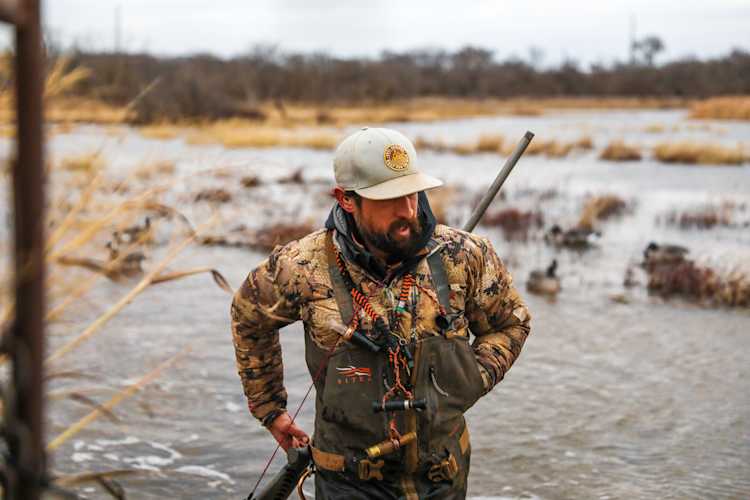
Layering for Comfort: What to Wear While Hunting Waterfowl in Fall
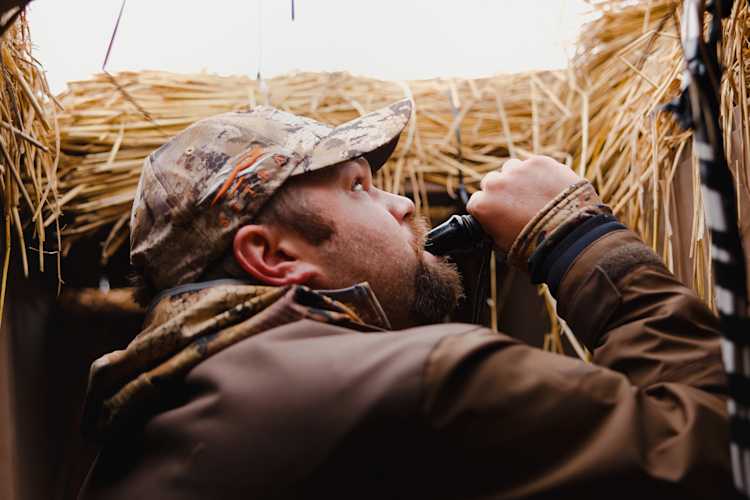
The Art of Calling: Tips and Techniques for Successful Waterfowl Calls
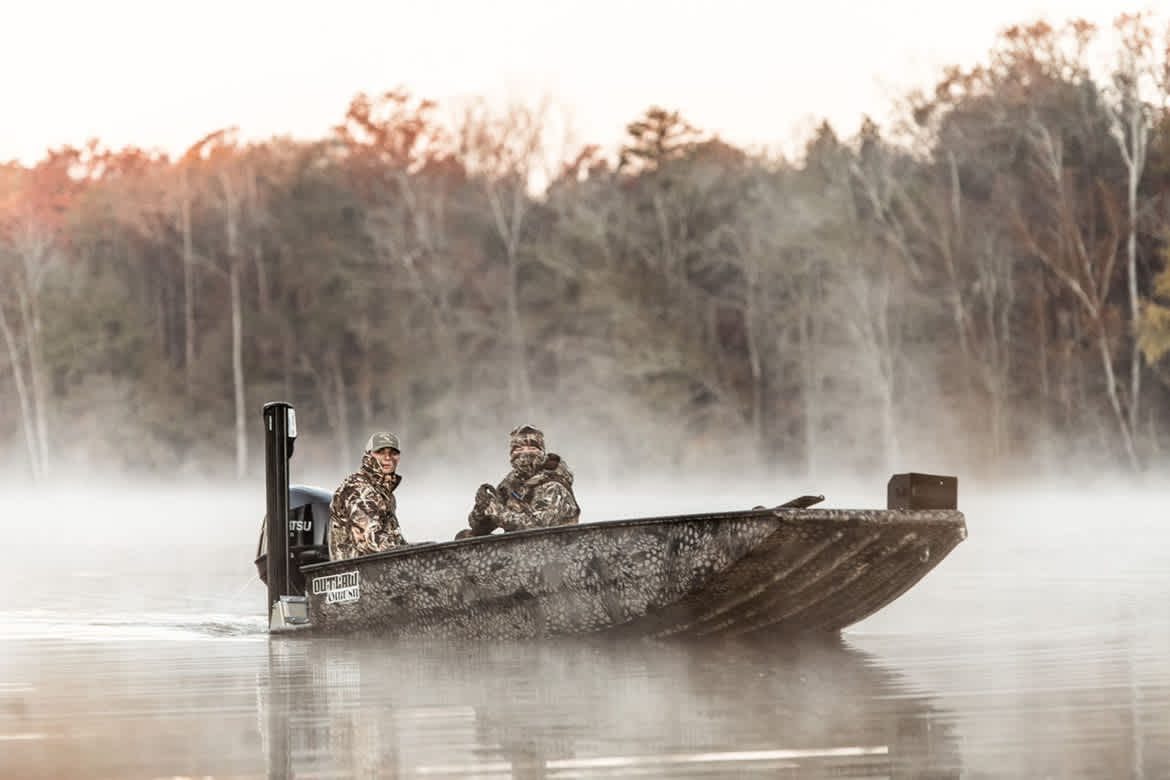
Client Experience in the Field: Best Practices for Waterfowl Outfitters
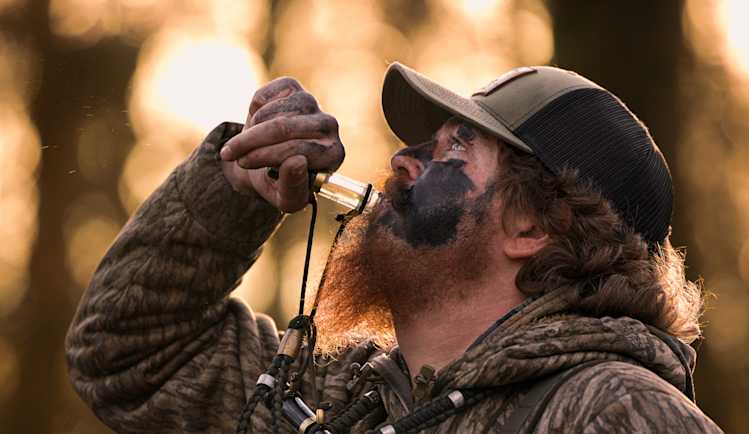
Decoy Strategies for Fall Waterfowl Hunting: What Works Best for Each Species
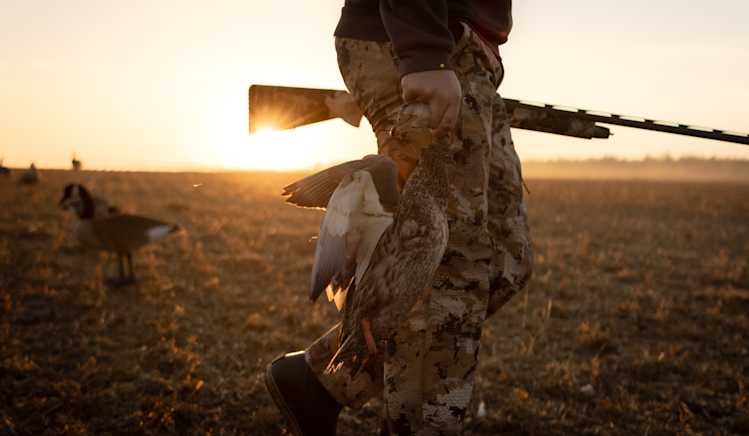
The Ultimate Guide to Fall Waterfowl Hunting: Key Tips, Techniques, and Best Practices

Top 10 States for Amazing Waterfowl Hunting in November: Find Your Perfect Spot
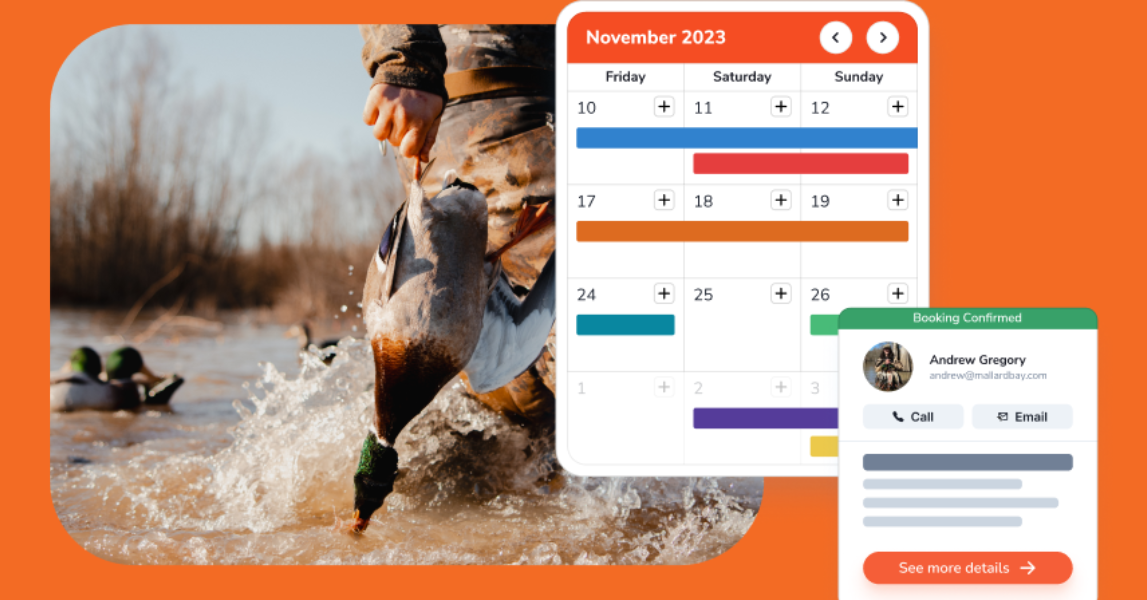
Peak Season Success: Essential Strategies for Waterfowl Outfitters to Maximize Business

The Art and Science of Duck Banding: A Conservation Odyssey with Mallard Bay

How To Book a Hunting Trip

Axis Jerky Tacos
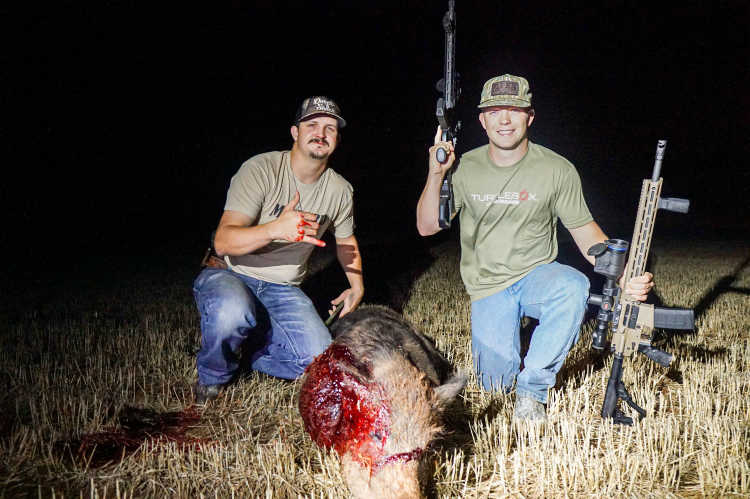
Experience Thermal Hog Hunting with Dirty Texas Outfitters

6 Tips on Planning a Guided Hunting Trip

Bourbon Spatchcock Turkey

Turkey Calling Tips
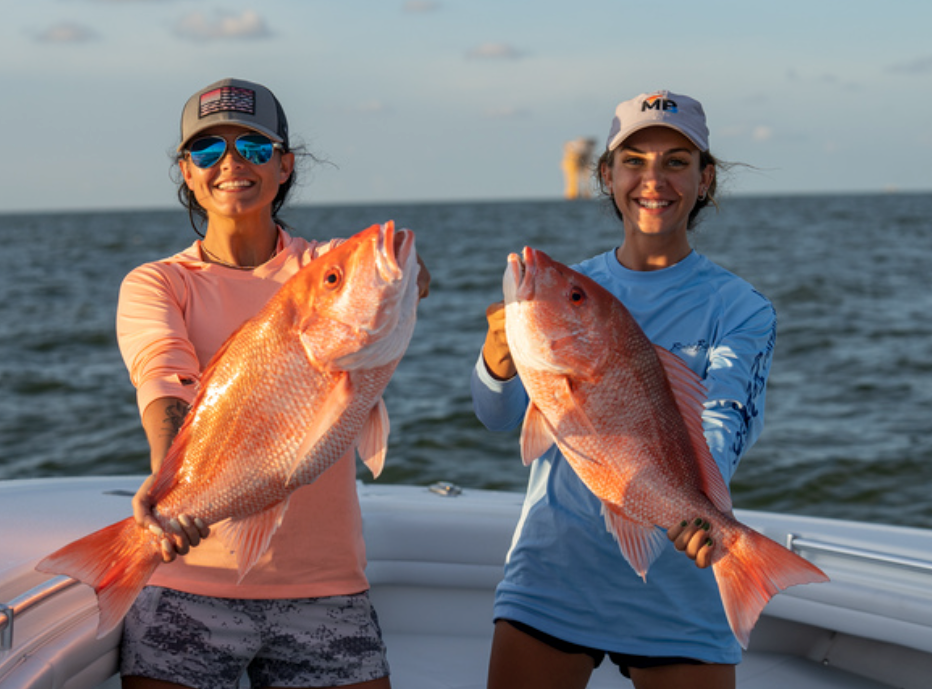
Louisiana Sportfishing - An Angler’s Paradise 2023
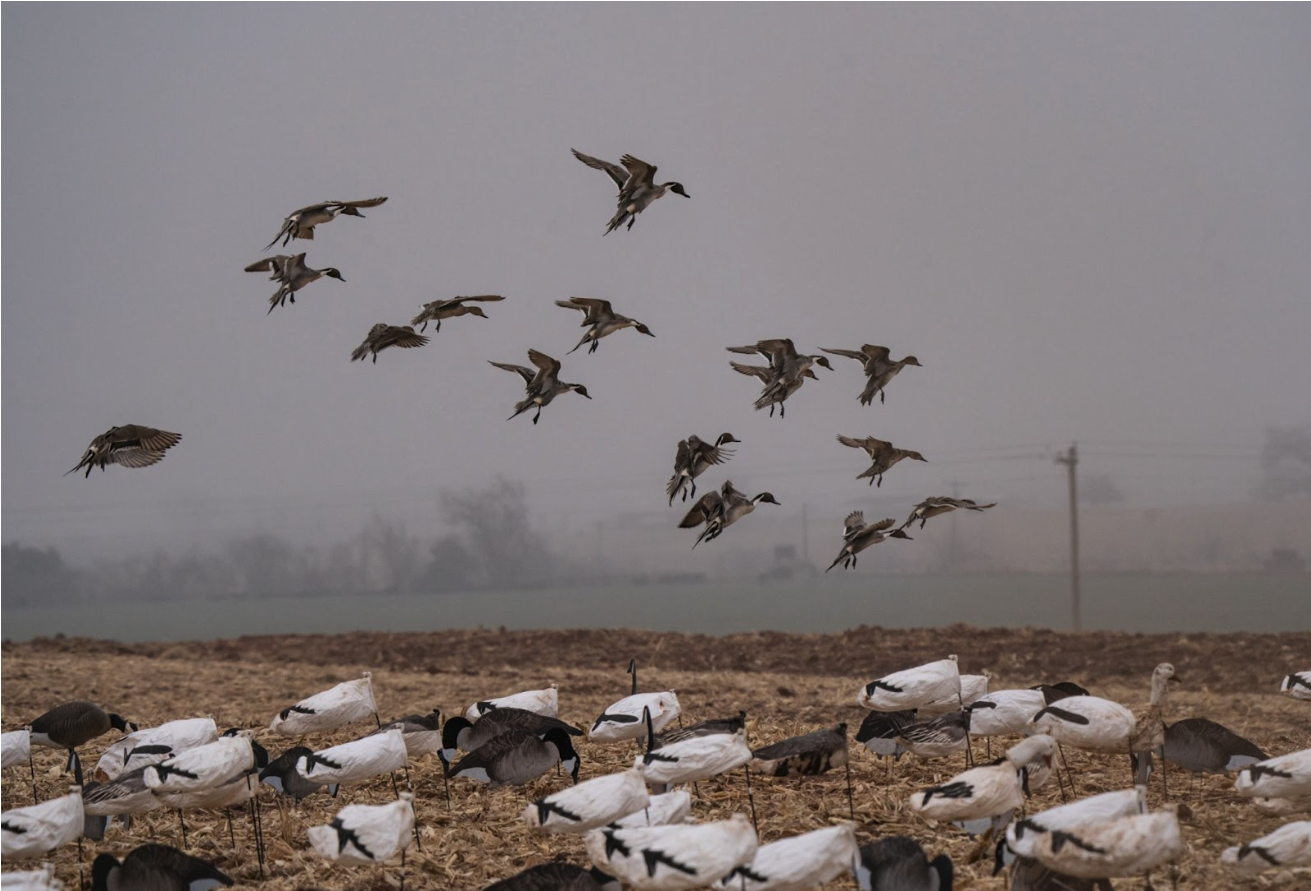
Waterfowl Hunting in Canada: What American Hunters Need to Know
Where to find Guided Sandhill Crane Hunts

Revolutionize Your Outdoor Business with Mallard Bay's GuideTech Software

Lodge Management - Enhance the Experience
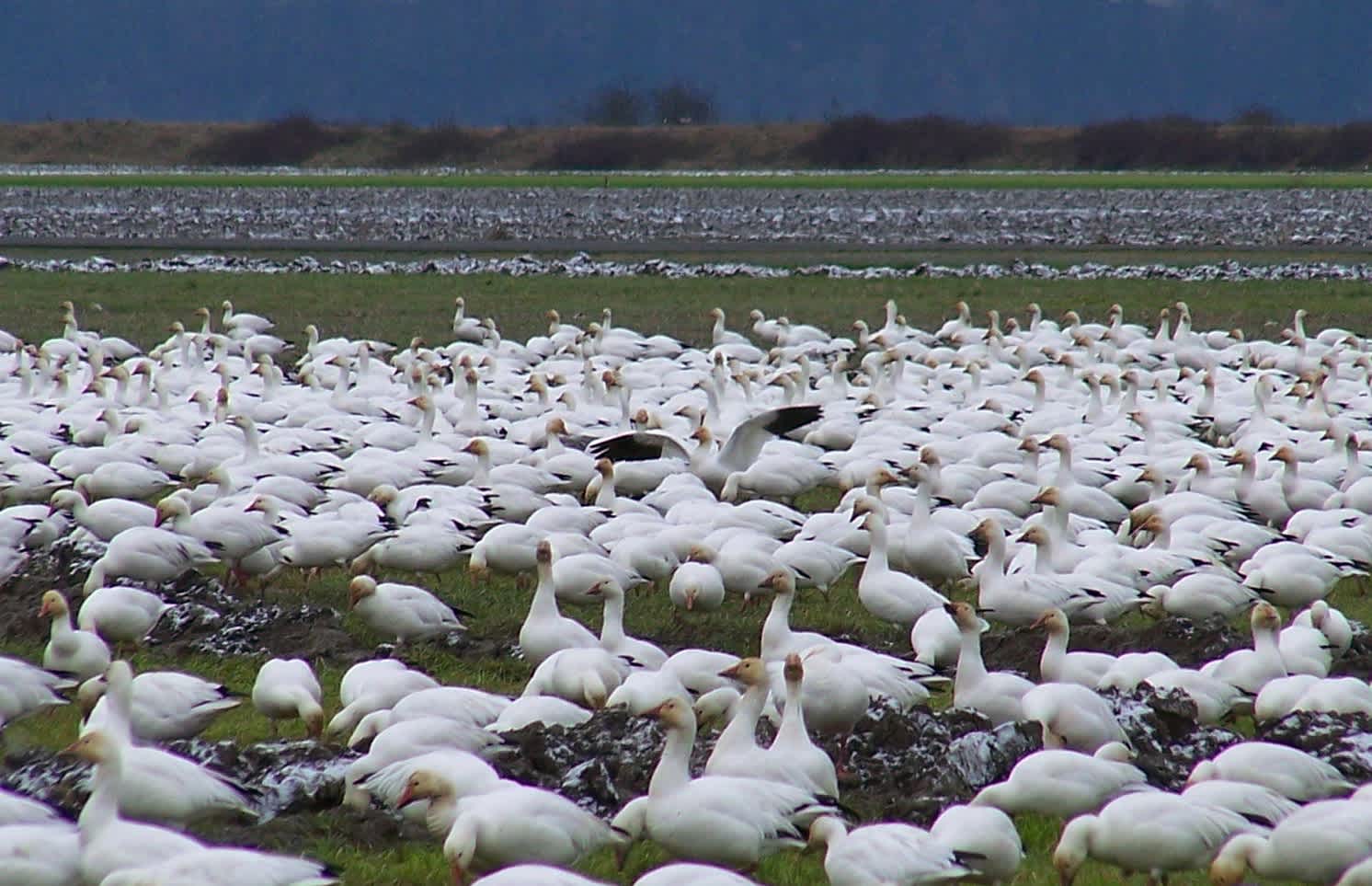
Snow Goose Pastrami Recipe
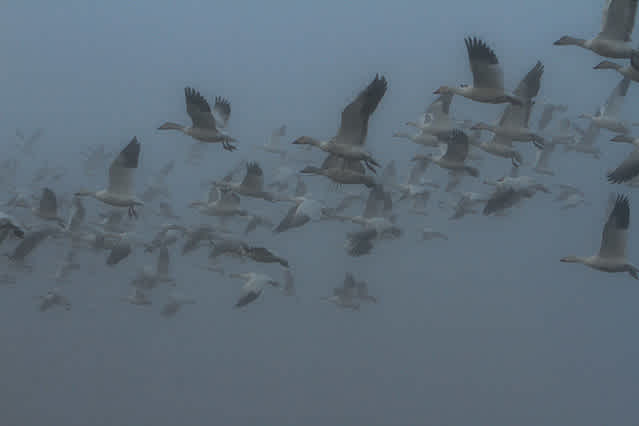
Snow Goose Chili
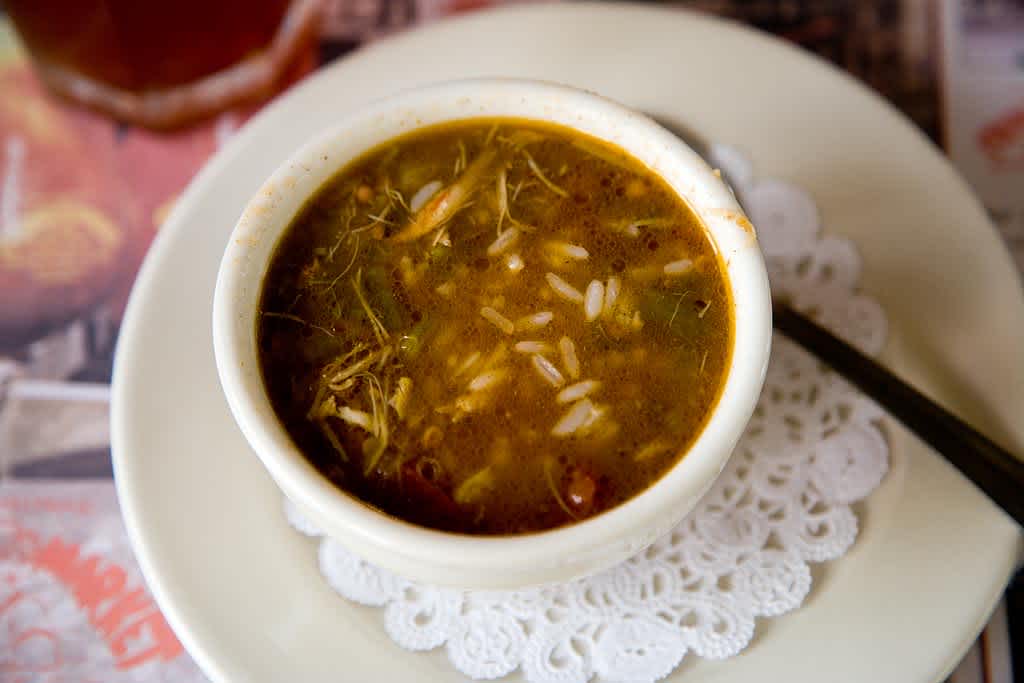
Snow Goose Gumbo Recipe - A Cajun Tradition
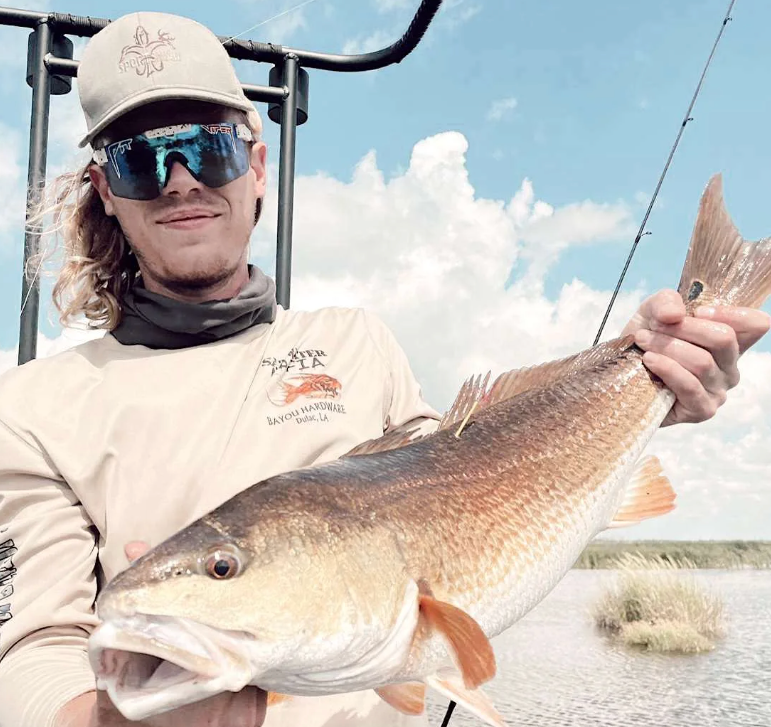
Sight Fishing Louisiana

How to find the right Texas Guided Fishing Charters
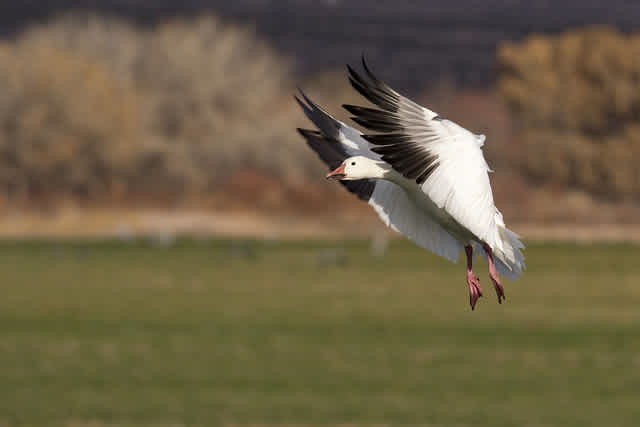
Steak House Snow Goose Recipe
